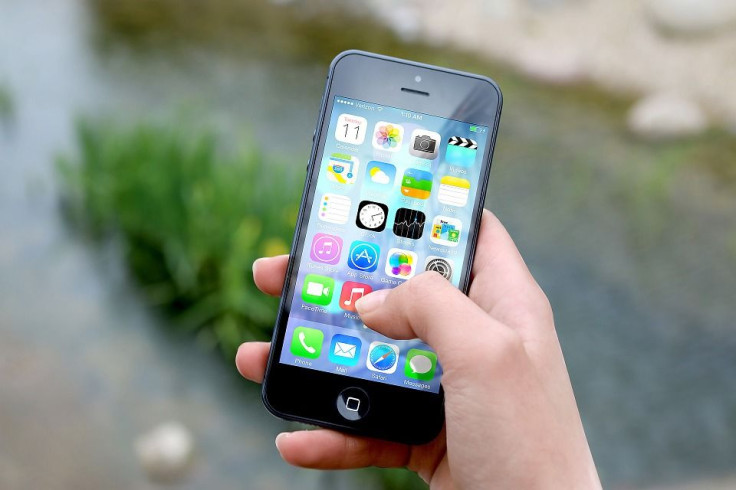Smartphone Separation Anxiety May Be Linked To Personal Memories, Study Says

There’s no denying that a majority of us spend too much time on our cell phones. To better understand why we struggle with disconnecting from technology, a research team studied how people with varying levels of attachment to their phones perceive and value their devices.
Findings of the small survey, conducted by scientists at the City University of Hong Kong and the Sungkyunkwan University in Seoul, revealed that one contributor to our smartphone anxiety, or nomophobia, is the reliance we have on our phones to create, store, and share our personal memories.
The theory, published in the journal Cyberpsychology, Behavior, and Social Networking, argues that, as we create more memories with our devices, the more attached we become to them. When users begin to view their smartphones as an extension of themselves, they’re more likely to become attached to their devices, which ultimately leads to nomophobia, the authors explain in their paper.
The researchers surveyed more than 300 adults in South Korea to better understand the users’ relationships with their phones. Depending on their responses to the open-ended online survey questions, they were then divided into two groups: high nomophobia or low nomophobia.
Both groups perceived their devices as a medium for accessing information and for entertainment, but the high nomophobia group was more likely to describe their phones as an extension of themselves, using words such as “I,” “my,” “me,” and “part.” Participants in that group were also more likely to report wrist and neck pain.
“In addition, those in the high nomophobia group were more likely to get distracted from their studies and work,” the authors write. “These findings suggest that the problematic use of smartphones can surely induce negative effects not only on users’ physical conditions but also on the overall quality of their everyday life.”
The more attached a person becomes, the worse the separation anxiety may get. But, the addiction is treatable, Dr. Brenda Wiederhold of the Interactive Media Institute, who was not involved with the research, suggests.
“Nomophobia, fear of missing out (FoMo), and fear of being offline (FoBo), -- all anxieties born of our new high-tech lifestyles -- may be treated similarly to other more traditional phobias,” Wiederhold said in a statement. “Exposure therapy, in the this case turning off technology periodically, can teach individuals to reduce anxiety and become comfortable with periods of disconnectedness.”
One limitation of the study is that a majority of the survey respondents were young adults, in their 20s, so the findings may not apply to a larger audience. Therfore, the authors conldude future studies with a similar analysis and more diverse sample should be conducted to better understand their theory.
Published by Medicaldaily.com



























